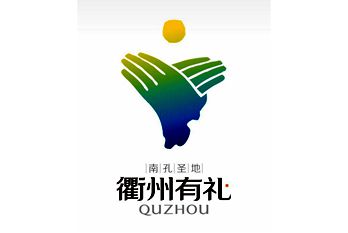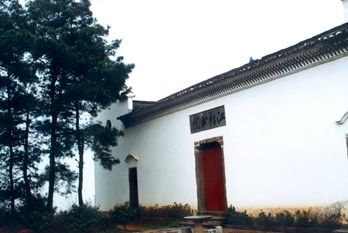Quzhou can become 'Holy Land of Go', says expert
Quzhou should try to become a "Holy Land of Go", according to Lin Jianchao, chairman of the Chinese Weiqi Association.
Lin made the remarks at a meeting on Nov 17 in Quzhou, East China's Zhejiang province, during the ongoing 4th National Mind Games.
"China has thousands of legends about Go, but to a Chinese Go player, none are more important than the legend of Lanke Mountain in Quzhou", said Lin, adding that for Go players, Quzhou feels just like home.
The chairman said that in order to become a "Holy Land of Go", Quzhou needs to better promote its Go legends.
In addition to Go, Quzhou also boasts a rich Confucian culture, as it is the home of many of Confucius's descendants.
Lin suggested that Quzhou make efforts to combine Go culture with Confucian culture.
He added that the philosophies of Confucius and Mencius, two great Chinese philosophers, were friendly to games like Go and had a positive impact on the development of the board game in China.
Lin also proposed that Quzhou establish some Go-themed institutions, such as Go-themed museums, a Lanke Go Institute, and Go-themed homestays.
"Lanke" is originated from a legend in the Jin Dynasty (265-420). It goes like this: a woodcutter named Wang Zhi came across two men playing Go while he was cutting firewood on Shishi Mountain. Wang then sat down to watch them play, and before the round was over, one of the men commented that Wang's axe was rusted. Wang then made his leave, but was shocked to find that dozens of years had passed by the time he returned to his village.
From then on, Shishi Mountain was been known as Lanke Mountain, as "Lanke" means "rusted axe" in Chinese. Thus, the phrase "Lanke" can also refer to the game of Go.

 City brand logo - fist-and-palm salute
City brand logo - fist-and-palm salute Confucianism on campus
Confucianism on campus The culture of the academy
The culture of the academy